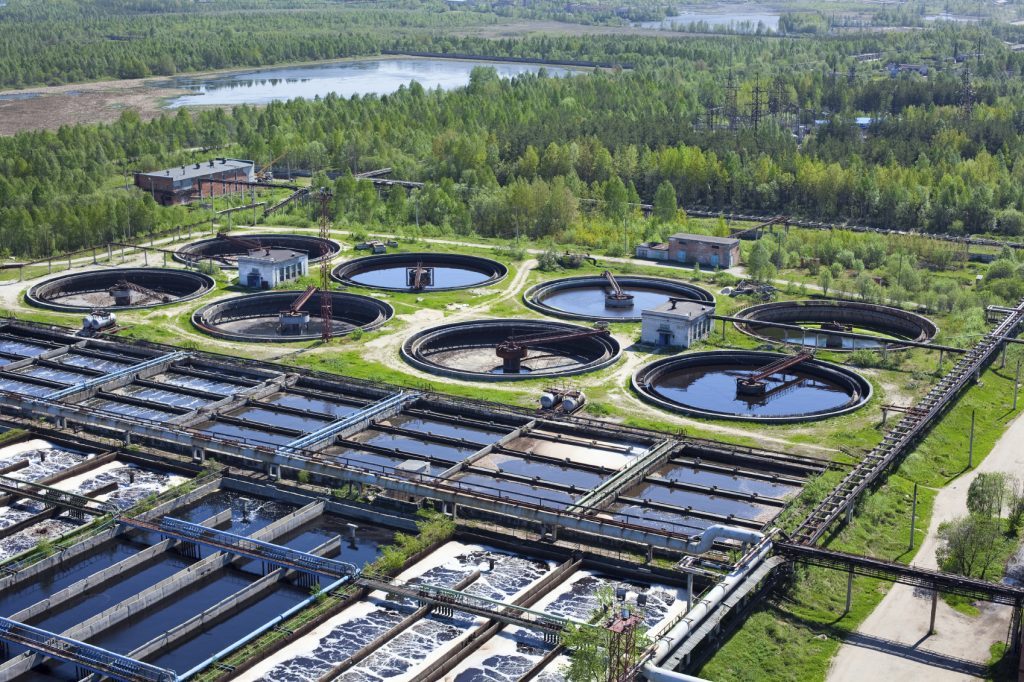
Background:
About 70% of the planet is covered in water with about 60% of your body being made up of water. Lakes, rivers, and reservoirs contain some of the most diverse and abundant communities of bacteria according to a 16S rRNA gene study by Tamames et al. (2010). Our own microbiota interact daily with these different communities as we drink, bathe, and excrete bacteria. One of the more pressing issues in today’s modern medicine is antibiotic resistant bacteria that are becoming increasingly hard to treat. Antibiotic resistance is caused by evolution of bacteria, which is the bacteria gaining antibiotic genes that increase its fitness. In the presences of antibiotics, bacteria that are lacking a resistance mutation die, whereas bacteria with immunity to antibiotics have a higher survival rate. These antibiotic resistant bacteria then pass on that resistance to antibiotics to the next generation, as well as potentially other bacteria through lateral gene transfer, which is the transfer of genetic material between a parent and daughter bacteria. Continue reading “Antibiotic Resistant Bacteria in the Human Water Cycle”
